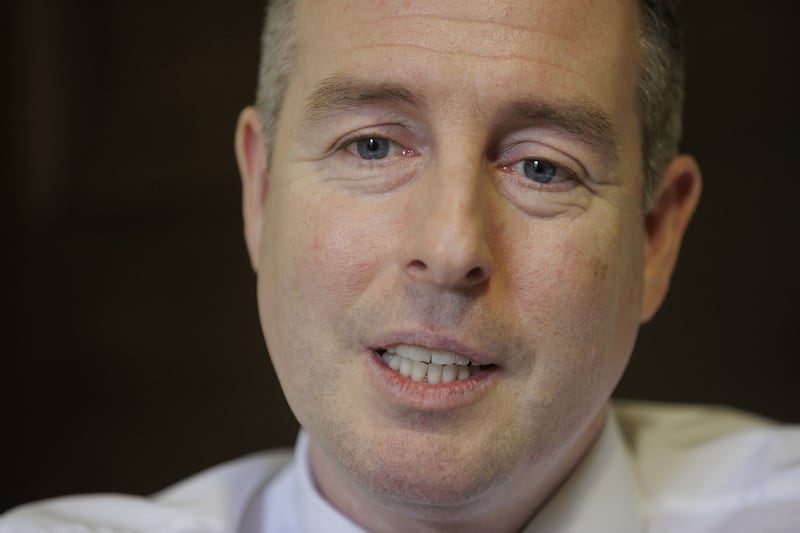RAPIDLY increasing numbers of children with special educational needs is causing spending to spiral, a new audit report has found.
Annual expenditure on SEN is now higher than £250 million, placing greater pressure on the system.
A report by comptroller and auditor general Kieran Donnelly published today focuses on how children with SEN are provided for within mainstream schools.
The Special Educational Needs and Disability Order places a duty on the Education Authority (EA) to ensure children can be educated in the mainstream.
Mr Donnelly's report found, however, that education bodies were unable to demonstrate value for money in terms of economy, efficiency or effectiveness in the provision of support to children with SEN in mainstream schools.
These schools were also finding it increasingly difficult to strike a balance that allowed all children to learn at a different pace and often in a different way.
In 2016/17. about 76,300 schoolchildren had SEN, with or without a statement, up from 67,000 five years ago.
The Department of Education's own code of practice anticipates that only about two per cent of the school population should require a statement. In 2016/17, five per cent of children had a statement. This equates to more than 17,000 children, an increase of 21 per cent since 2011/12.
The report found that spending exceeded £250m last year, of which £217m was EA expenditure - up from £167m in 2011/12.
Mr Donnelly reported that the department said given the rising numbers of children with SEN, "this is a challenge for the department, the EA and schools, in terms of increasing pressure on the education budget".
He said SEN children may require extra help to achieve their potential at school.
"It is over ten years since the department began a review to address a range of issues including the increase in the number of children with special educational needs, and the inconsistencies and delays in assessment and provision," he added.
"My report shows that the number of children with special educational needs and the associated costs are continuing to rise. In 2016/17, just over 76,300 children were reported. That is 22 per cent of the school population and higher than in England.
"Despite the widespread acceptance of the need for early intervention, inconsistencies in the identification of children with special educational needs persist and delay in the completion of formal statements remains a major issue."
The provision of a classroom assistant, at a cost of £55m in 2015/16, the report found, was often considered as a key form of support given to children with a statement.
Their impact, or that of any other support provided, has not been evaluated at a strategic level.
In the absence of any such evaluation, the report said, it was difficult to see how the department or EA were ensuring they achieved the best outcomes for children.
"It is crucial that the department and the Education Authority assess the quality of support provided by formally evaluating it in terms of the progress made by children. This will allow resources to be focused on the types of support which maximise progress and improve outcomes," Mr Donnelly said.








